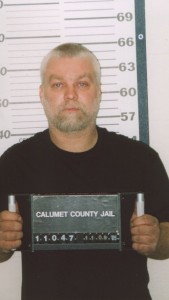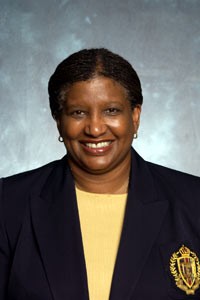23rd Annual Howard Eisenberg Do-Gooders’ Auction–An Interview with PILS Fellow Angela Shin
 The 23rd Annual Howard B. Eisenberg Do-Gooders’ Auction on behalf of the Law School’s Public Interest Law Society (PILS) will be held in the evening on Friday, February 19, 2016 at the Law School. Proceeds from the event go to support PILS fellowships to enable Marquette law students to do public interest work in the summer. Angela Shin, a current law student, shares her experience here as a PILS Fellow. Besides her work as a PILS Fellow, Angela is helping to organize this year’s Auction.
The 23rd Annual Howard B. Eisenberg Do-Gooders’ Auction on behalf of the Law School’s Public Interest Law Society (PILS) will be held in the evening on Friday, February 19, 2016 at the Law School. Proceeds from the event go to support PILS fellowships to enable Marquette law students to do public interest work in the summer. Angela Shin, a current law student, shares her experience here as a PILS Fellow. Besides her work as a PILS Fellow, Angela is helping to organize this year’s Auction.
You may attend the Auction by purchasing tickets in advance or at the door. This link also provides you with an option to donate to the Auction.
Where did you work as a PILS Fellow?
I worked for the Milwaukee Justice Center in Milwaukee County Courthouse.
What kind of work did you do there?
At the Milwaukee Justice Center (MJC), I worked with a team of incredibly friendly and supportive staff that offers free daily sessions where volunteers provide procedural information and assistance with forms to pro se litigants. The forms are geared towards family law matters. Volunteers work one-on-one with members of the community with completing legal forms and explaining courthouse rules and procedures. The MJC tries their best to accommodate and educate clients, without giving any sort of legal advice, so that they have a better understanding of what they need to do next. In addition to helping pro se litigants, I worked at the front desk to direct clients to other parts of the courthouse or sign them in for MJC’s services. Occasionally, the other fellows and I had partnered up with attorneys at the Marquette Volunteer Legal Clinic to provide free walk-in brief legal advice. Lastly, I worked on a project to make it easier for pro se clients to e-file their divorce.


